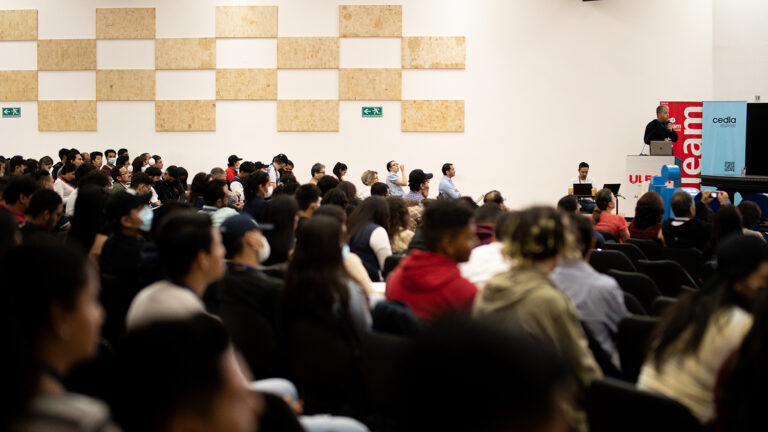
TICEC is the most important conference on Information and Communication Technologies in Ecuador. The event’s agenda offers a variety of scientific and technical activities accompanied by cultural attractions. Our participants will enjoy a 3 days-event in a city designed as one of THE WORLD’S MOST IMPORTANT HISTORICAL DESTINATIONS according to the NATIONAL GEOGRAPHIC TRAVELLER in 2008.
We cordially invite the entire scientific community to plan and attend the 11th edition of TICEC on October 18 – 20, 2023 in Cuenca, Ecuador.
IMPORTANT DATES
Call for Papers
Paper submission deadline
July 16
Acceptance notificacion
August 21
Final version submission
August 24
Registration
September 17
Call for Workshops
Proposal form submission deadline
June 25
Acceptance notificacion
July 09
Call for Tutorials
Proposal form submission deadline
July 30
Acceptance notificacion
August 11

TICEC has several scientific activities in the area of Information and Communication Technologies. With your registration you will have access to:
- Presentation of scientific and technical papers
- Keynote talks with world-renowned presenters
- Workshops
- Practical tutorials
- Includes: Lunch and coffee breaks (Applies for attendance on the 18th and 19th).


